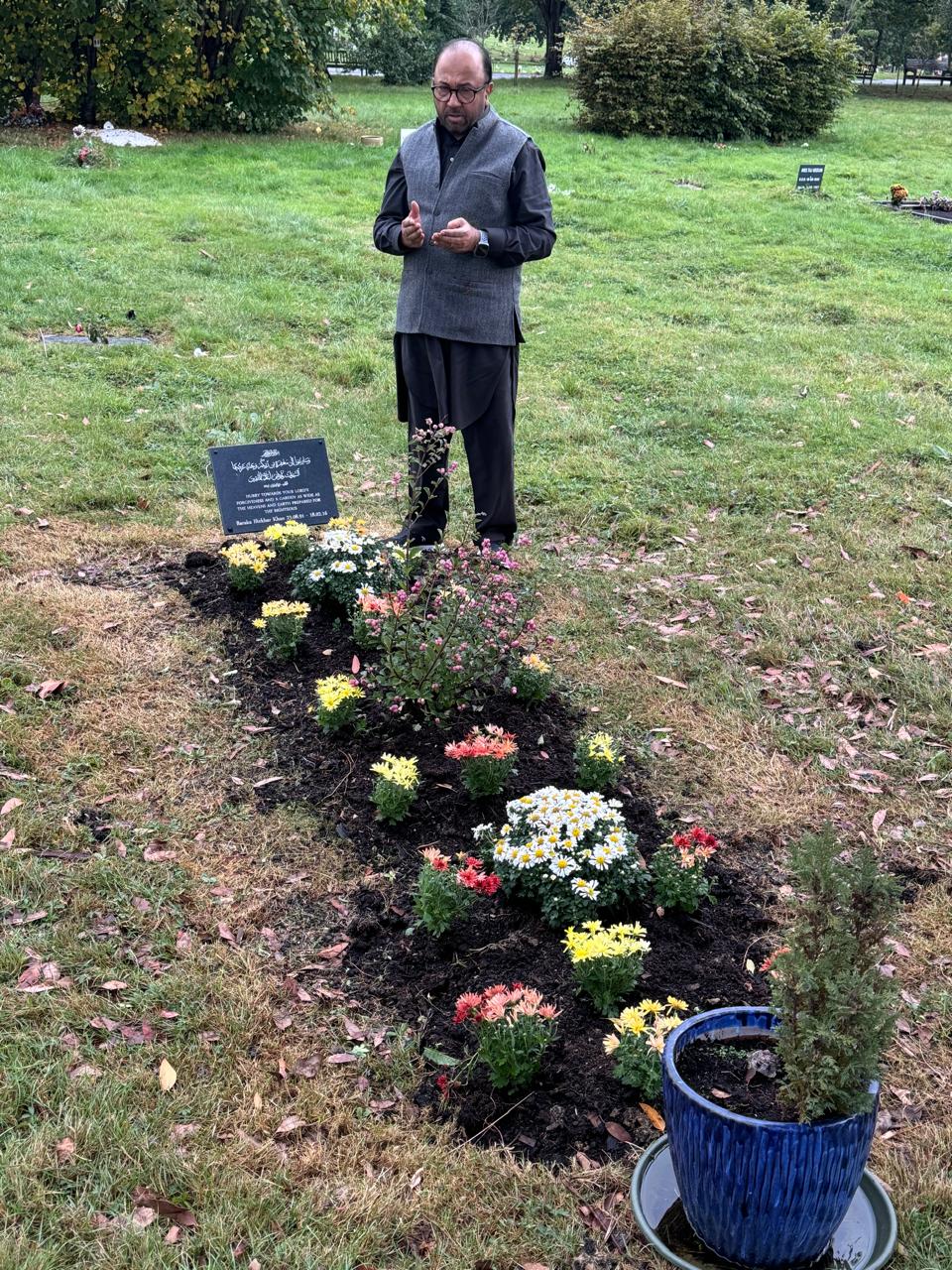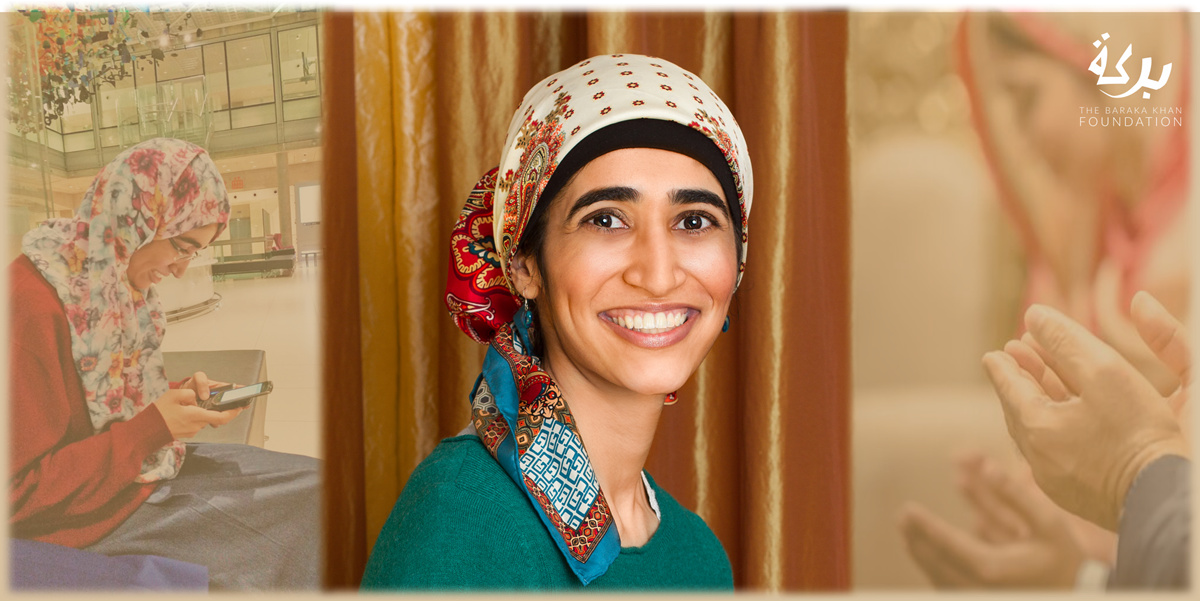My daughter’s grave was destroyed in an Islamophobic attack – but I don’t hate those who did it
It’s more important than ever to meet hatred and violence with compassion, humility and mutual respect, writes Iqbal Khan – whose daughter’s grave was desecrated at Carpenders Park, Watford, along with 84 others, including those of babies

I felt sick as I stood among the remains of the graves at Carpenders Park Lawn cemetery in Watford. My daughter’s final resting place – along with dozens of others – trampled, kicked and defiled; the broken wooden stakes that carried the names of children and babies that had been taken from their loved ones far too young, tributes and flowers scattered across the clipped grass.
This is a place of refuge, of peace and of memory. What kind of mind would think to debase it?
Carpenders Park, where dozens of graves were desecrated earlier this month in what the council branded an “Islamophobic hate crime”, has been a place of sacred rest for both Christian and Muslim communities for decades. But it is more than that to me. It was the place where my beloved Baraka chose as her final resting place. A bright and beloved graduate of Emmanuel College, Cambridge, Baraka was an exceptionally gifted soul. In 2013, at just 21 years of age, she was diagnosed with bilateral stage 3 small cell lung cancer and given three to six months to live.

In the face of this crushing prognosis, Baraka responded with a grace and clarity that left even her doctors in awe. She was determined to leave this world with her affairs in order.
One afternoon, she said, “Dad, can you help me find some real estate in the UK?”
I assumed she meant a flat, but she smiled – almost mischievously – and said: “No, Baba. I mean much more long-term real estate.”
She had already begun researching cemeteries when I explained the difference between Muslim-only burial grounds and multi-faith cemeteries. She paused, reflected, and said something I will never forget: “If Allah wanted me to be buried in a Muslim-only cemetery, I would have been born in an Islamic country. I’ve lived my whole life with friends of all faiths. Why should death separate what life joined together?”
She chose Carpenders Park because it was close to our home, but it was also a place that she felt reflected both her British identity and her Muslim faith. When I showed her a map of the available plots, she chose one closest to the footpath. I asked her why.
With a twinkle in her eye, she said: “So that when my friends come to visit me, their shoes won’t get muddy.”
When she was designing her tombstone, she saw my tears and gently reassured me: “Hopefully I’ll not need it for a long time to come.”
In the end, Baraka lived another two years, eight months and 22 days: far beyond the time she was given. She lived with courage, beauty and faith, and returned to her Lord at peace.

As a Muslim father, every time I enter Carpenders Park, I read a prayer: not only for the Muslims buried there, but also for our Christian neighbours and friends.
I ask for peace upon all of them, for they share this sacred earth. Baraka believed in that shared peace. She lived it. She died in it.
She was proud to be both British and Muslim. She was deeply rooted in her identity and deeply respectful of others. Carpenders Park Cemetery gave her the space to be remembered with dignity, to be visited without division.
Today, as we grieve after the violence that has shattered that space, I urge our communities to return to what Baraka embodied: compassion, humility and mutual respect.
Let Carpenders Park remain what it was always meant to be: a sanctuary of rest, a reflection of a Britain we can all be proud of, diverse, sacred and united in our shared humanity.
Join our commenting forum
Join thought-provoking conversations, follow other Independent readers and see their replies
Comments